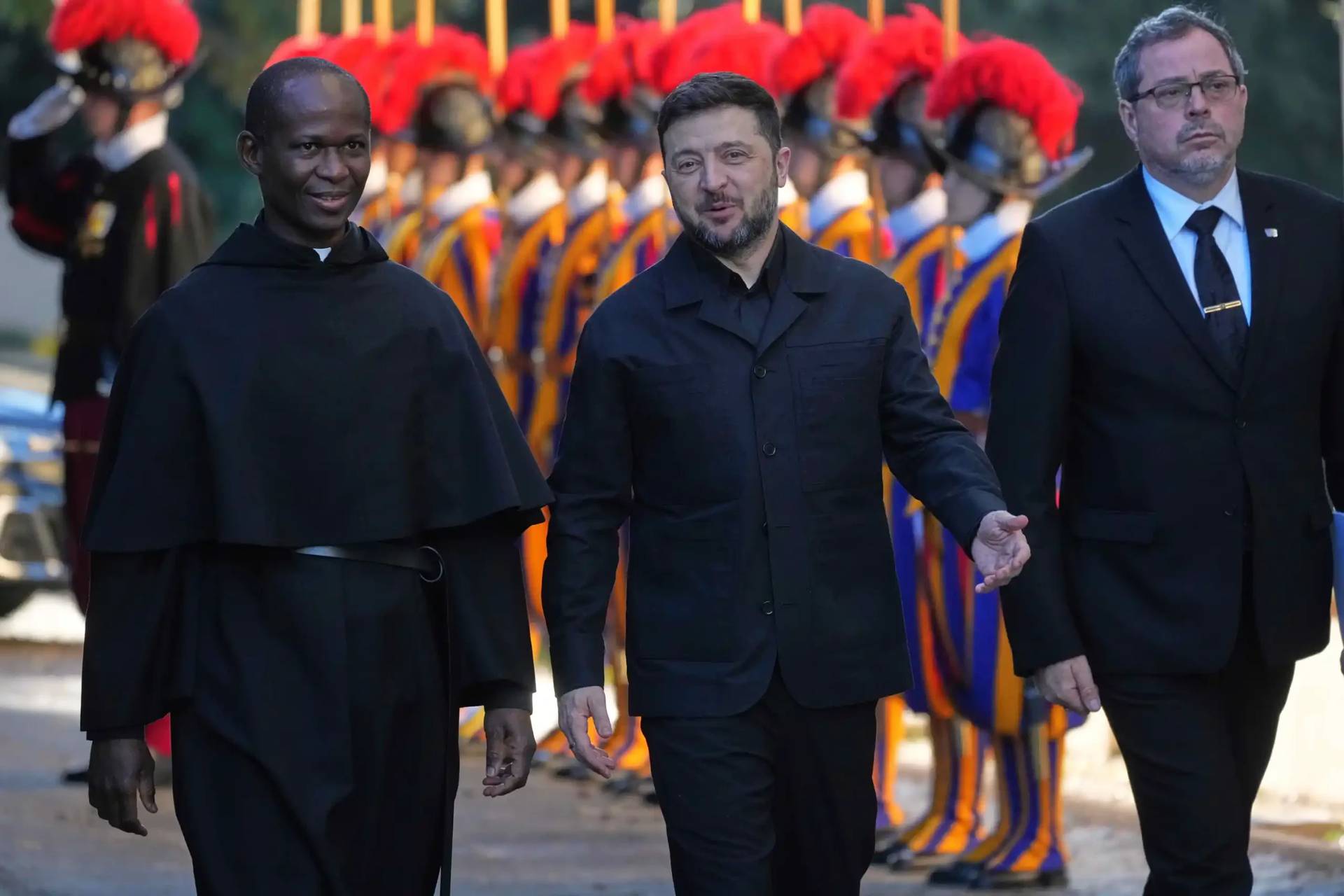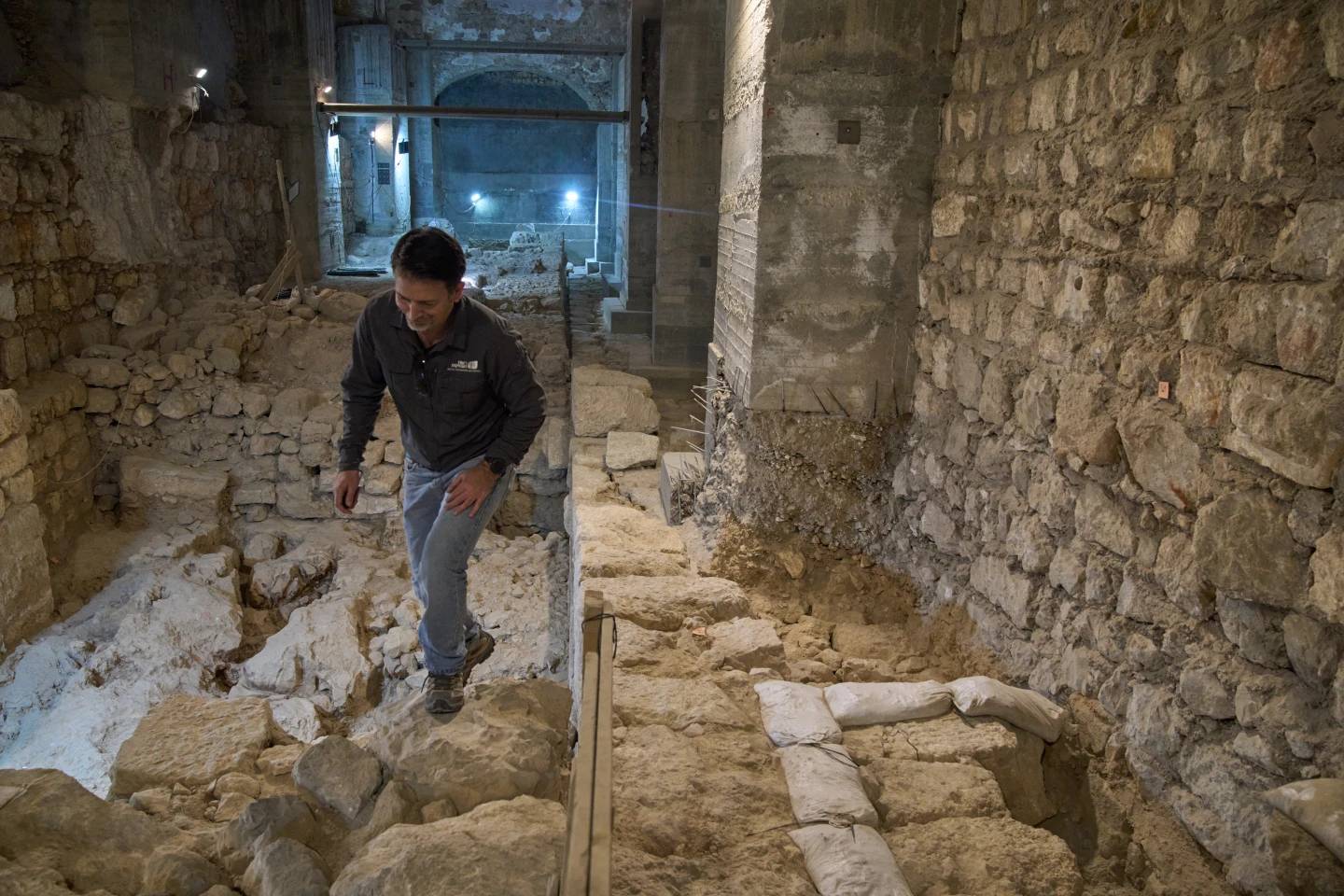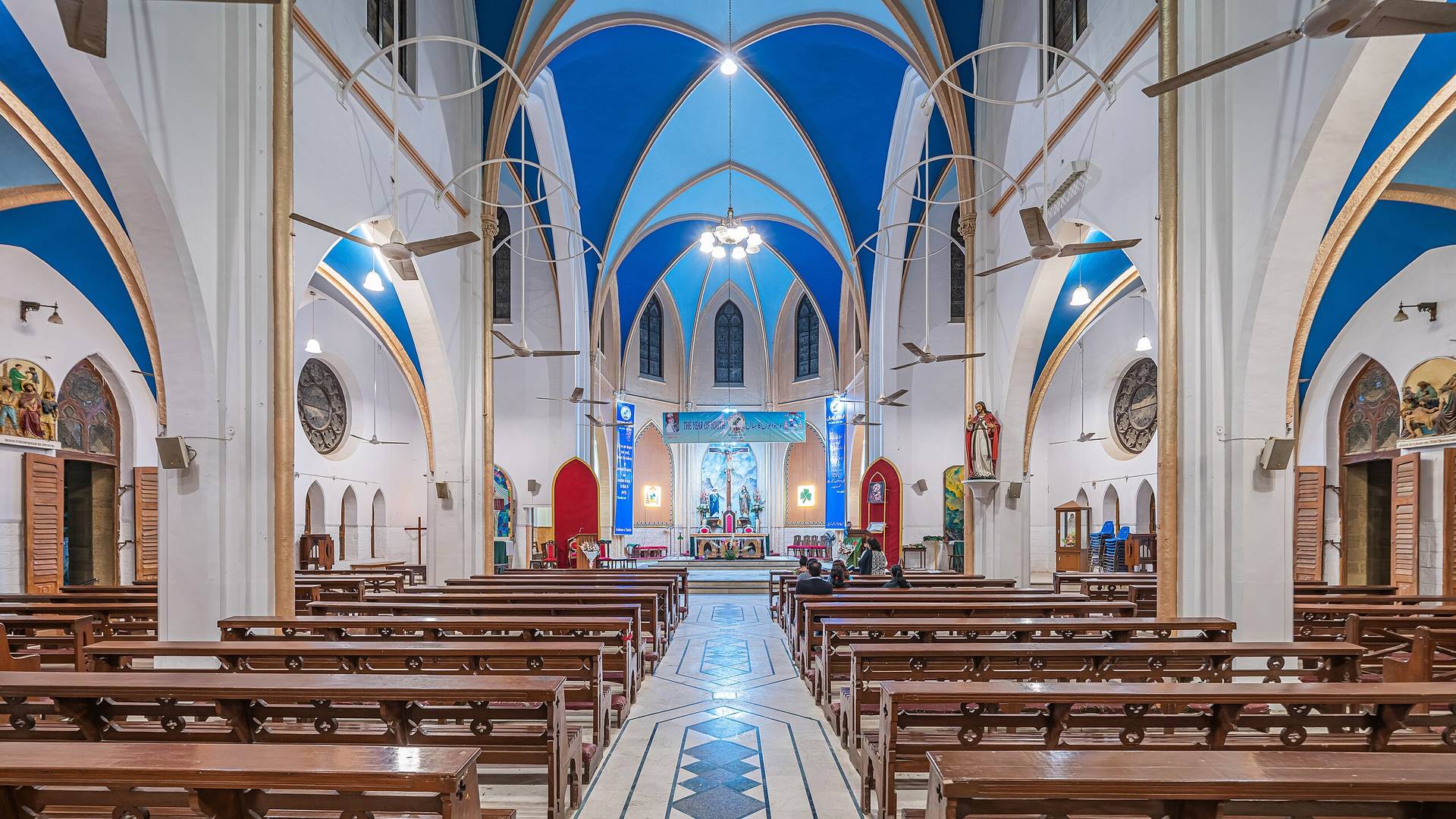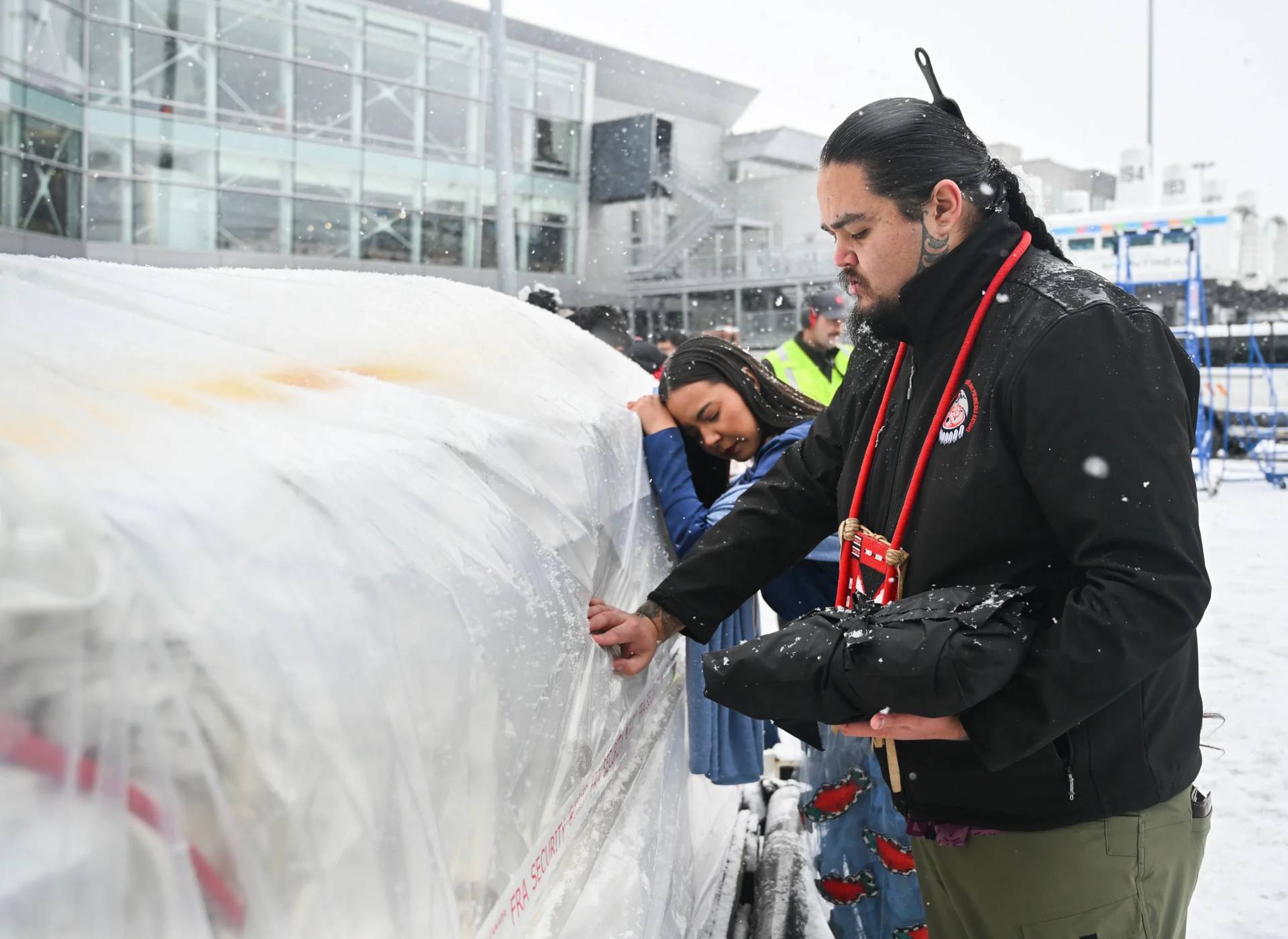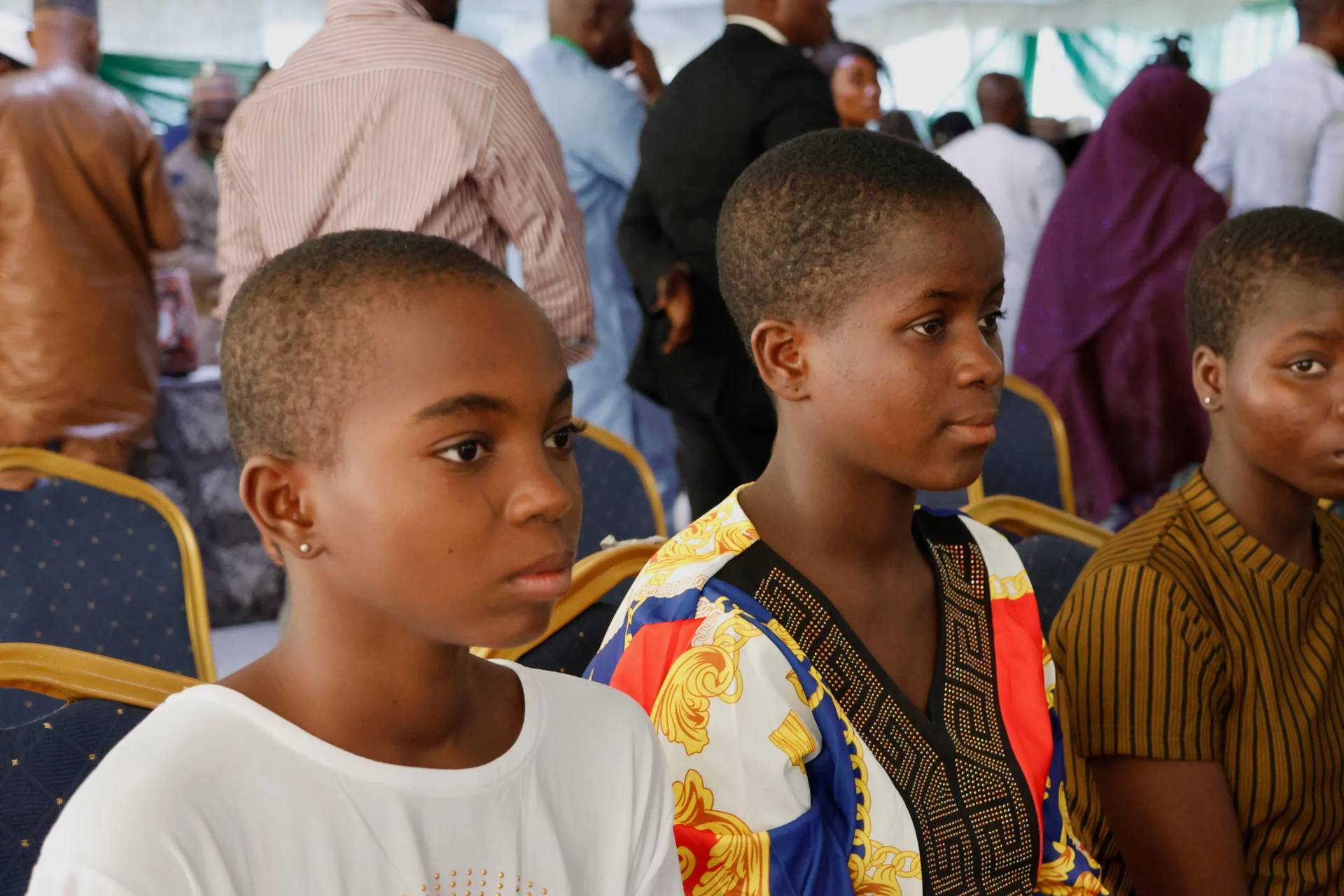WELCOME AND THANKS
It is only polite to begin with an expression of gratitude for the warm welcome I have just
received in such a personal way from various representative officials of church and state. But
before I do that, I ask your kind understanding as I attend to the important and happy task of
publicly recognizing the dedicated service to the Church and to this City, of a native son of
Chicago, who has distinguished himself both here and abroad as our Bishop’s Conference
President, who always responded with a generosity that motivates and inspires and who has been
unfailingly gracious and cordial to me, especially in these days. The Provincial of the Oblates of
Mary Immaculate put it well in a recent letter to his confreres, “we are grateful for Cardinal
George’s prophetic ministry in favor of the sanctity of life and dignity of the poor and
marginalized. He has faced a broad spectrum of issues…and in doing so he has always brought
great intelligence, insight, strong conviction and a pastoral heart to every issue and situation.”
And so, on behalf of all of us, all those whose faith and lives have been enriched by your witness
and your ministry, I want my first words on this occasion to be “thank you Cardinal Francis
George.”
All of you have warmly greeted me, elected officials, public servants, community leaders and
diplomats, ecumenical and interfaith representatives, archdiocesan brothers and sisters
representing ethnic groups, various offices and committees, religious women and men, and my
own brother bishops and brother priests of Chicago. I am grateful for your welcome to this city
and to this cathedral. In fact, I feel so much at home here that now I in turn welcome you not
only to this cathedral, but into my heart. That is the kind of greeting I have learned from the
Lakota people in South Dakota, whose welcome always comes as an exchange from one heart to
another.
We are honored to have our Holy Father Pope Francis with us in the person of our Apostolic
Nuncio, Archbishop Carlo Maria Viganò. Welcome Archbishop and thank you for taking time
from your demanding schedule to be with us. He is joined by other brother bishops from across
this country and the world. All of your obligations are terribly exacting, especially at this time of
the year, and my welcome to you comes with a sincere thanks for the heartwarming gift of
fraternal support your presence means to all of us.
Finally, I welcome my family, my eight brothers and sisters and spouses, nephews and nieces,
and extended family members, who for the most part are occupying this entire right side of the
Cathedral!
“THE AGENDA”
On Saturday, September 20, the day my appointment by Pope Francis was announced, the first
question at the news conference was: “What’s your agenda? What are your priorities? What’s the
first thing you want to accomplish?”
I really wanted to respond: “Getting through this news conference!”
But, as for my agenda, if I have learned anything over these past four decades as a pastor, I know
it is a disaster for me to have my own agenda. That is not because I don’t have dreams and
hopes, or that I want to ignore the challenges and trials of life. Rather it is because I have learned that my agenda is always too small; it’s prone to be self-serving, and ultimately unworthy of the people I am called to serve. No, the agenda has to be God’s, which is beyond our imagining and
our abilities. And unlike our priorities, God’s agenda has staying power, it endures.
We see that kind of divine agenda occupying the attention of Ezekiel, a prophet who oftentimes
addresses the leaders of the people, pressing them to be attentive to how God is working in the
world, so that they can also join in the restoration, the building up and bringing life to the people
they serve.
This night, Ezekiel speaks of God’s work in the dryness that not infrequently afflicts human
existence. His immediate concern is to inspire new life in the people living in exile, by offering a
vision of the new city to be built by God. They have suffered the humiliating defeat by Babylon
and the destruction of Jerusalem and the temple. The people are scattered and disconnected, with
hopes broken and barren. They are like dry bones strewn carelessly to rot in an abandoned field
under the scorching sun of oppression.
While the circumstances may be different, this kind of dryness is present in our modern times, a
dryness that eats away at our hopes and leaves us disoriented. It is the dryness elderly and sick
persons can experience when their strength gives way and their bones become unsteady, to the
point that they begin to question their worth, their sense of purpose and even the faith that has
heretofore directed their lives. We see that dryness caked on the faces of the homeless street
people, in the fatigue of the underemployed worker cobbling together three or four low paying
jobs to make ends meet, but also in the hectic pace of the successful business owner whose long
hours in the office leave little time for family meals and sharing, for rest and recreation.
T. S. Elliot captures all of this so well in his epic poem, The Wasteland, where he describes how
our modern lives easily become:
“A heap of broken images, where the sun beats,
And the dead tree gives no shelter, the cricket no relief,
And the dry stone no sound of water.”
All that’s left is “fear in a handful of dust,” and a life “in rats’ alley / where the dead men lost
their bones”.
We, who are public servants, pastors, leaders know well this kind of dryness that ails the human
soul and fatigues both body and spirit. We come face to face with it in the service to our citizens
and the ministry to our parishioners.
But, we who serve in public life as leaders also experience our own dryness,
in the tedium of attending to administrative details, which most often go unnoticed or
unappreciated, in the frustration we feel as we are called upon to face enormous challenges with
limited energies and shrinking resources, and whenever opportunities for real improvement are
squandered by petty squabbles and divisive discourse. We both as church and civic leaders know
that kind of dryness. Like Ezekiel we can look over the landscape of our life and service and
lament, “how dry these bones are.”
But, the prophet draws our attention to this rather bleak scene, not to chastise or criticize, to
dishearten or discourage. Rather, by crisscrossing, north and south, east and west through the
vast field of dry and scattered bones, this representative, this voice of God, is consoling us with
the message that the Lord of Creation, is with us, is walking through this dryness with us, the
dryness we face each and every day as leaders.
And so, let us for a moment walk together with Ezekiel tonight and listen attentively as he
encourages us with the three words he speaks: Spirit, People and Land – three words of comfort,
words to encourage, words to help us keep our focus on all that God is doing, so that our ways
may be God’s ways.
SPIRIT
What should not go unnoticed as Ezekiel speaks in the Spirit over the dry bones is that there is
still a responsiveness, a receptivity, a sensitivity in this lifeless heap of bones. There is still
something that remains, beyond the dryness and death that has smothered these dismembered
skeletons. All that is needed is for the prophet, the leader in their midst, to speak in a way that
inspires, to speak to the deep yearnings of the people we serve, because it is God who is keeping
alive their legitimate aspirations, even when there seems to be no hope. That is why it should be
beneath our dignity as leaders to speak in ways that appeal to the fears and anxieties of people
rather than the hopes and yearnings God has planted in their hearts.
And when it comes to speaking to each other in moments of deep disagreement, this does not
mean that we should shy away from stating our position or making our point. “We cannot
engage in real dialogue unless we are conscious of our own identity,” as Pope Francis reminds
us. But then he adds: “Nor can there be authentic dialogue unless we are capable of opening our
minds and hearts, in empathy and sincere receptivity, to those with whom we speak….We are
challenged to listen not only to the words which others speak, but to the unspoken
communication of their experiences, their hopes and aspirations, their struggles and their deepest
concerns…If our communication is not to be a monologue, there has to be openness of heart and
mind to accepting individuals and cultures.”
That is a message for all of us, for me, for my brother priests working in parishes and other
ministries, and for elected officials and public servants.
But, civil discourse is needed not just so we can get something done for the common good, but
because of the impact that failing to do so has on society.
Recent studies on the involvement of young people in religion and public life bear out a common
factor that discourages their participation – the harsh rhetoric and lack of comity and civility
within each group and in the way leaders in both groups treat each other. A good friend of mine,
who is with us tonight, advised me when I became a seminary rector, to place a high priority on
developing a faculty, a team that modeled to students how adults should act. As Msgr. Lawrence
Purcell, former rector of the North American College put it, “you will teach them more about a
collaborative model of ministry in this way than anything you say.”
It is not surprising that parishioners, citizens and the public become uneasy and disaffected with
community and public life when they see leaders speak in ways that incite fears rather than
inspire hope. There is collateral damage in such tactics. But, there is an even greater promise of
really accomplishing something that lasts, done by God’s grace, when we speak with the
deliberate and unified aim of bringing dry bones to life. Such a commitment to civil and
respectful discourse is about meeting God half way as He keeps the aspirations of those we serve
alive in the struggles they face in life.
PEOPLE
Ezekiel also invites us to look for where God is working to build up the people. Notice that the
spirit evoked brings about a rattling of the bones, not to assemble skeletons as individuals, but as
a vast army. There is a dryness in many people’s lives because they have little experience of
being connected in society. For them, the only economy that counts is one that depends on
connections they never had and never will. So many are left unconnected because of poverty
spread across generations, racism or not having mentors to guide and inspire them about the
value of education, hard work, and the self-discipline needed for personal stability.
Already in the short time I have been here, I have been edified by the great work so many of you
are doing through various charities, apostolates, labor unions, the business community,
government programs, schools, volunteer and civic groups and you should be encouraged to
know that helping people get connected, experience being a part of society, is where God is
active, working and gracing you in your dedicated ministry and labors. You are using your
connections to help those disconnected and that is the work of God.
Our aim should be to make sure that everyone has a place at the table of life, the mother needing
prenatal and postnatal care and protection for herself and her child, the former inmate seeking a
fresh start, the drug addict who needs someone to help her take one day at a time, the father and
mother who want their children to have the educational opportunities other families have – this is
the vast army God is inviting us to raise up with him.
Central governments in the Church and the state have enormous power to create bonds, stimulate
cooperation and motivate people to work together on the local level. That has always been my
approach, seeing the diocesan offices as being at the service of our parishes, to animate them
while uniting and building bonds among ourselves as one local Church.
LAND
The Hebrew term Ha Aretz, is not just about real estate, turf, or dirt, but it refers to the land on
which God’s people live with stability, and a sense of belonging. God’s desire to bring about this
sense of belonging is present in the aspirations of every migrant and immigrant, and that is why
they need to be respected, treated with justice and welcomed. God is at work in giving people a
life of stability, a feeling of being at home, and of living in an environment that satisfies the
desires God has placed in their hearts. The work of comprehensive immigration reform is not
important because it is on my agenda, but because it is on God’s.
But, there are others who feel little sense of belonging and stability. Many youth have no dreams,
no real aspirations, no sustaining hope. And so they turn to a destructive world of drugs, gangs,
and lethal violence.
There are no easy answers to this, but I am aware that good people within our parishes and in the
city are working imaginatively to address this issue. I admire the creativity of bringing gang
members together for sports and in other venues to ease growing tensions. I believe that shoring
up and strengthening family life and education are also essential ingredients.
You will find in me a ready partner, but also one who believes that this work is not
inconsequential, is not an option, because again, it too is on God’s agenda.
CONCLUSION
For me it is quite humbling as I come to offer servant leadership to this local Church to be
associated with lay women and men, clergy, religious and bishops who continue to have an
enormous impact in society. That is especially so as I now follow two great predecessors,
Cardinal Bernardin and Cardinal George, both intellectual and spiritual leaders, but most of all
pastoral men who both have been models of faith and trust in God in having to deal with serious
illness as they valiantly continued to shepherd the people of God.
But, it is also true that United States has benefitted from the talents and leadership of many
Chicagoans over our nation’s history, contributing common sense Midwestern values in touch
with the real lives of people. We are a city that is unafraid to walk through the dry bones.
Tonight Ezekiel encourages us to continue doing so because that is where God is and where
God’s agenda begins. It is an agenda that encourages me as I begin my service to welcome new
friendships with other leaders in our parishes, in the business community, labor and government,
because I recognize the enormous opportunity and promise that God is putting before us as we
use our connections to help the disconnected, all the while respecting each other’s challenges.
It is an agenda that has its origins in the very creation of the world, for God’s plan all along has
been to make this tiny speck of cosmic dust in the vast universe a land, a home for us all.
Spirit, People and Land – these are God’s words to comfort and encourage, words to help us in
this graced time and blessed city to keep our focus on all that God is doing, so that our ways may
be God’s ways.
And, the promise tonight is that if we keep these three words close to our hearts, all the while
remembering our proud heritage of contributing to the good of the nation, then not only will we
get things done, but we will probably end up rattling some bones.






